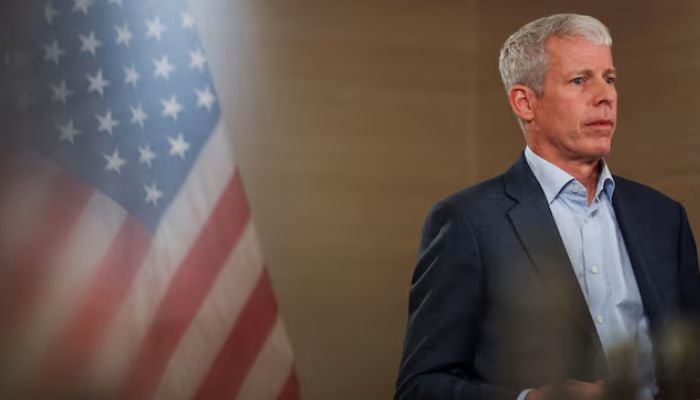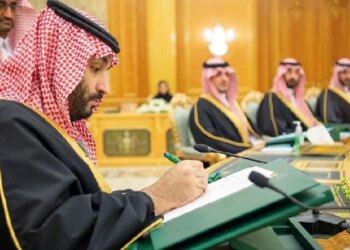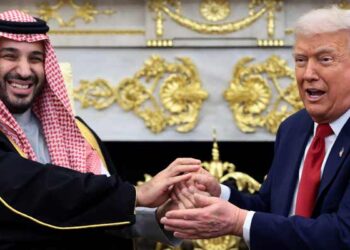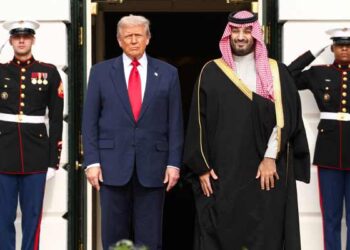Select Language:
US Secretary of Energy Discusses Nuclear Cooperation with Saudi Arabia
RIYADH: On a recent trip to Riyadh, US Energy Secretary Chris Wright announced that the United States and Saudi Arabia are set to sign a preliminary agreement aimed at supporting the kingdom’s plans for establishing a civil nuclear industry. During a press briefing, Wright explained that discussions with Saudi Energy Minister Prince Abdulaziz bin Salman had paved the way for collaboration on the development of a civil nuclear program in Saudi Arabia.
This marks Wright’s first visit to the kingdom since taking office, as part of a broader tour of energy-rich Gulf states. He mentioned that more specifics regarding a memorandum of understanding detailing the energy collaboration between the two nations would be disclosed later this year.
"For a US partnership in nuclear development here, a 123 agreement will certainly be necessary. There are various structures we can explore that would meet both Saudi and American objectives," he stated.
The term "123 agreement" refers to Section 123 of the US Atomic Energy Act of 1954, which is essential for allowing the US government and American corporations to engage with Saudi entities in developing a civil nuclear sector.
Wright noted that Saudi officials have yet to accept the stipulations outlined in the act, which includes nine non-proliferation criteria aimed at preventing nuclear technology from being misused for weapons development or the unauthorized transfer of sensitive materials.
Earlier negotiations faced challenges, primarily because Saudi Arabia desired assurances that would not eliminate its ability to enrich uranium or reprocess spent fuel, both of which could potentially lead to nuclear weapon capabilities.
Saudi Crown Prince Mohammed bin Salman has previously asserted that if Iran were to develop a nuclear weapon, Saudi Arabia would feel compelled to do the same, a standpoint that has raised alarms among advocates for arms control and some legislators in the US regarding a potential civil nuclear agreement.
Wright did not address broader arrangements that the Biden administration had initially pursued, which included not just a civil nuclear agreement but also security guarantees, potentially aimed at advancing normalization between Saudi Arabia and Israel.
As the world’s leading oil exporter, Saudi Arabia is striving to expand its renewable energy production and minimize emissions as part of its Vision 2030 reform initiative, with a portion of that strategy possibly hinging on nuclear energy development.







